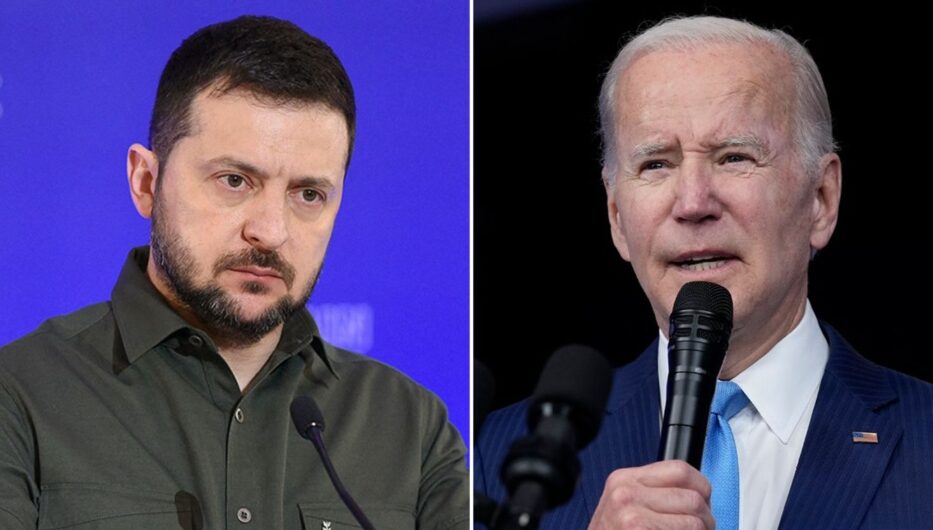Russia’s sudden capture of a vital highway in Donbas has caused alarm in Ukraine and among NATO allies. The advance marks another significant step toward capturing a key Ukrainian city, with fears mounting that its fall is imminent.
Ukrainian forces, struggling with low morale and dwindling resources, are retreating from their positions, leaving the city vulnerable to Russian control.
The situation on the battlefield highlights the growing challenges faced by Ukraine’s military. Despite President Zelensky’s efforts to rally support and resources, the Ukrainian army appears overstretched and unable to halt Russia’s momentum.
And so, viewers/ readers, report suggest that U.S. President Joe Biden is personally stepping in to address the dire situation, signaling how critical the crisis has become. As the military struggles to replenish its ranks, young men, including teenagers, are being pushed into service, raising ethical and societal concerns. This is the dire state where Ukraine stands now.
BIDEN FORCES UKRAINIAN ARMY
Kyiv is reportedly considering lowering the conscription age to 18 in response to U.S. demands to reinforce troop numbers on the front lines, according to Russia’s Foreign Intelligence Service (SVR).
The decision comes as concerns grow in Western nations over Ukraine’s ability to withstand mounting Russian offensives. The SVR alleged that U.S. President Joe Biden might personally intervene to address the deteriorating situation, as merely providing advanced weaponry, including long-range missile systems, is unlikely to stabilize Ukraine’s defenses.
The strain on the Ukrainian military is coupled with increasing Russian pressure, has raised alarm in the West over the potential collapse of Ukraine’s resistance.
The SVR also suggested that Eastern European nations neighboring Ukraine are preparing for a new influx of refugees if this order is implemented. Unlike earlier waves fleeing perceived threats, this time, the migration may stem from Ukrainians seeking to avoid being drafted into the war.
ZELENSKY PANICS ON POKROVSK
In April 2024, Ukrainian President Volodymyr Zelensky approved a law reducing the draft age from 27 to 25, aiming to bolster troop numbers amid mounting Russian offensives. However, this measure failed to achieve its intended results. Rather than reigniting patriotic enlistment, it exposed deeper fractures within Ukraine’s military and society.
Reports indicate a severe desertion crisis among Ukrainian forces, with The Economist estimating that nearly 20% of troops have gone AWOL, abandoning their posts without authorization. Efforts to meet conscription targets have faltered, with Ukraine achieving barely two-thirds of its required numbers.
A high-ranking Ukrainian commander acknowledged that morale has collapsed across critical frontline sectors, further weakening the country’s defense capabilities.
Rather than addressing the root causes of the crisis—such as eroded trust between the public, the military, and political leaders—Zelensky adopted a heavy-handed approach.
His administration intensified measures to crack down on those attempting to evade conscription, fueling resentment and deepening societal divides. Kyiv also threatens legal action against citizens for sharing “misinformation” about their mobilization campaign, or for aiding those evading draft patrols, as warned by military officials and a ruling party parliamentarian this weekend.
Ukrainians are in no mood to continue the war against Russia or even entertain the plea of Kyiv officals. As Kyiv faces tough choices under U.S. pressure, the implications of lowering the conscription age could deepen societal strains.
UKRAINIAN MILITARY GOES AWOL
Ukraine requires at least Ukraine requires at least 500,000 additional troops additional troops to even dream of gaining the upper hand in this war. But given these circumstances, divine intervention seems the only hope. What Ukraine truly lacks isn’t manpower – it’s just a little brain.
The coming weeks may prove critical in shaping the next phase of the conflict and its impact on the region.
